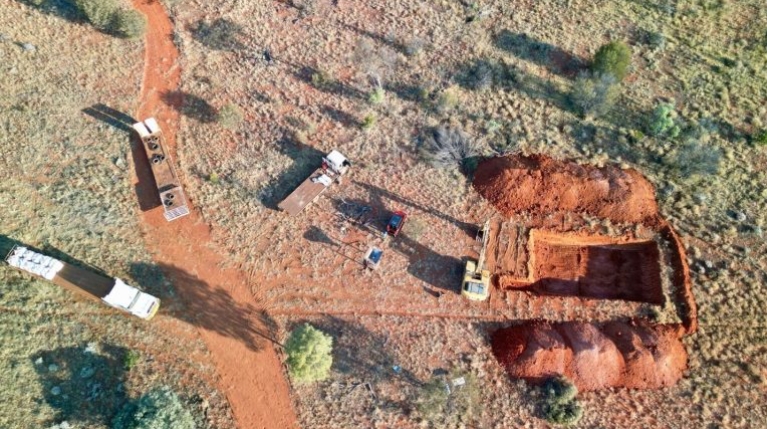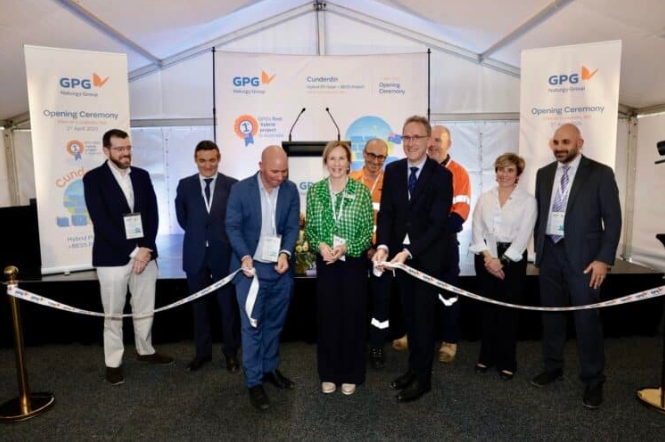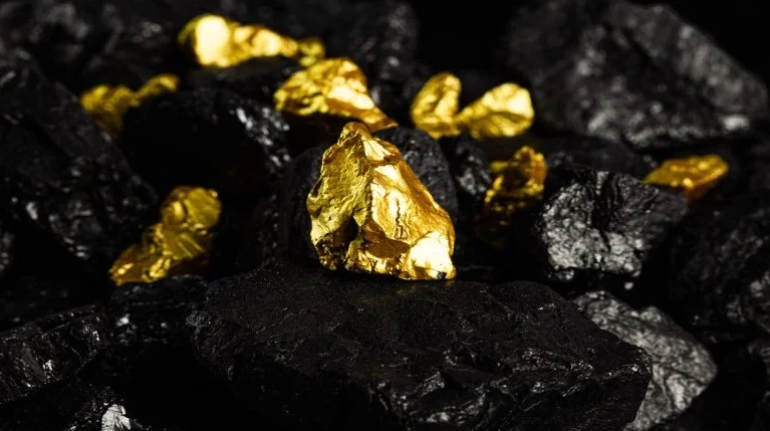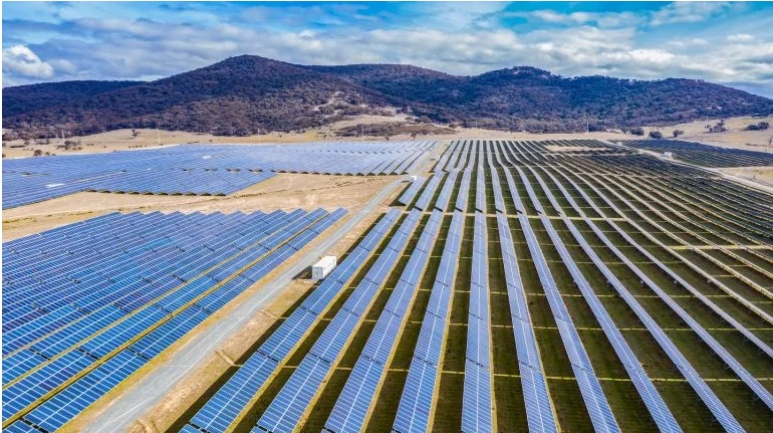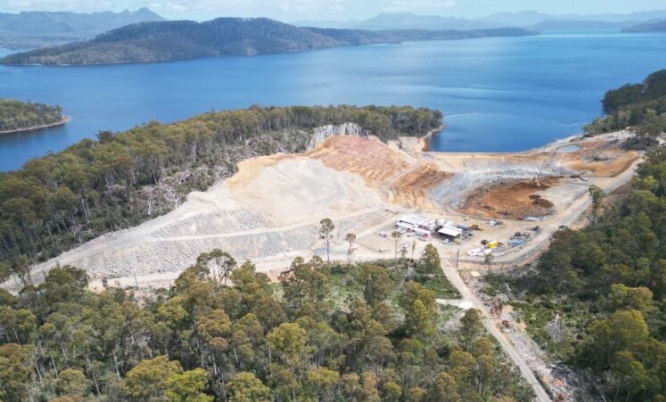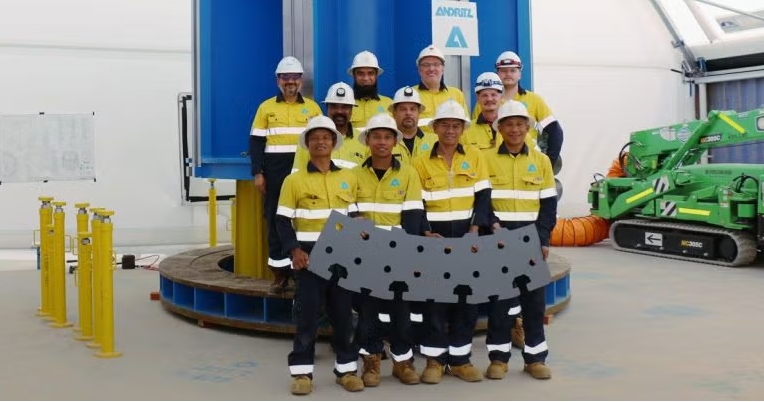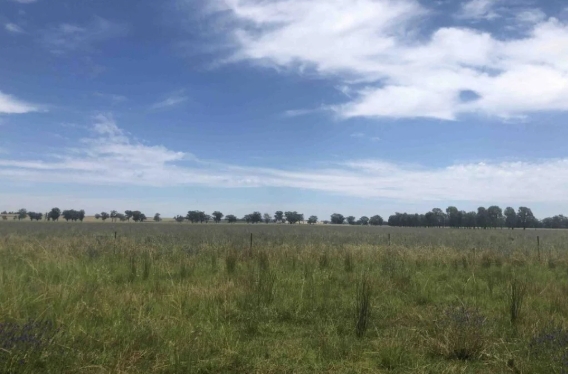
Hungary's Foreign Minister Peter Szijjarto, right, hosted talks (Image: Peter Szijjarto/Facebook)
The agreement was one of 18 covering a wide variety of areas signed during President Xi Jinping's visit to Hungary on Thursday.
A joint statement issued by the two countries on the establishing of an over-arching All-Weather Comprehensive Strategic Partnership for the New Era, said: "The Chinese side will continue to encourage capable Chinese enterprises to invest in Hungary. The two sides will promote orderly cooperation in emerging fields including clean energy, artificial intelligence, mobile communication technology and nuclear energy and technology."
Hungary's President Viktor Orban said, after his talks with the Chinese president: "The Hungarians have serious ambitions. The previous 100 years, the 20th Century, was a shameful one for Hungary. It was a century in which we lost, a century in which we suffered extremely heavy losses of historic proportions. And the concept driving the Hungarians is that we want to win the 21st Century, and not lose it. And to win we need partners, investors, trading partners and the world’s most advanced technology."
He added: "I will make special mention of something which is not only an economic fact, but also an expression of confidence: the fact that we can extend our cooperation to the whole spectrum of the nuclear industry, where up until now there has been no cooperation between our two countries. This holds great potential, because in this respect - in terms of the nuclear industry - Hungary has considerable international experience and prestige, as we have been involved in this industry for more than 50 years, and currently the largest nuclear development in Europe is taking place in Hungary.
"Our plan is that by the beginning of the next decade the share of Hungary's energy provided by nuclear power will be between 60 and 70 per cent."
In the text of his published remarks, President Xi said the two countries would "connect our development strategies more closely, deepen economic, trade, investment, and financial cooperation, and advance the Budapest-Belgrade railway and other key projects. We will expand cooperation in emerging industries and foster new quality productive forces to empower and facilitate economic and social development of the two countries".
The official statements and publications during the visit do not yet appear to include detail of the content of the memorandum of understanding on nuclear. China is the fastest growing generator of nuclear energy. According to World Nuclear Association figures, it currently has 56 operable reactors with a capacity of 54 GW - and it has 27 more reactors under construction which would provide 28.9 GW more capacity. Hungary currently has four operable nuclear reactors with a capacity of 1.9 GW, supplying about 40% of the country's electricity. It has also embarked on the Paks II project which would see Russia's Rosatom supply two VVER-1200 reactors.
